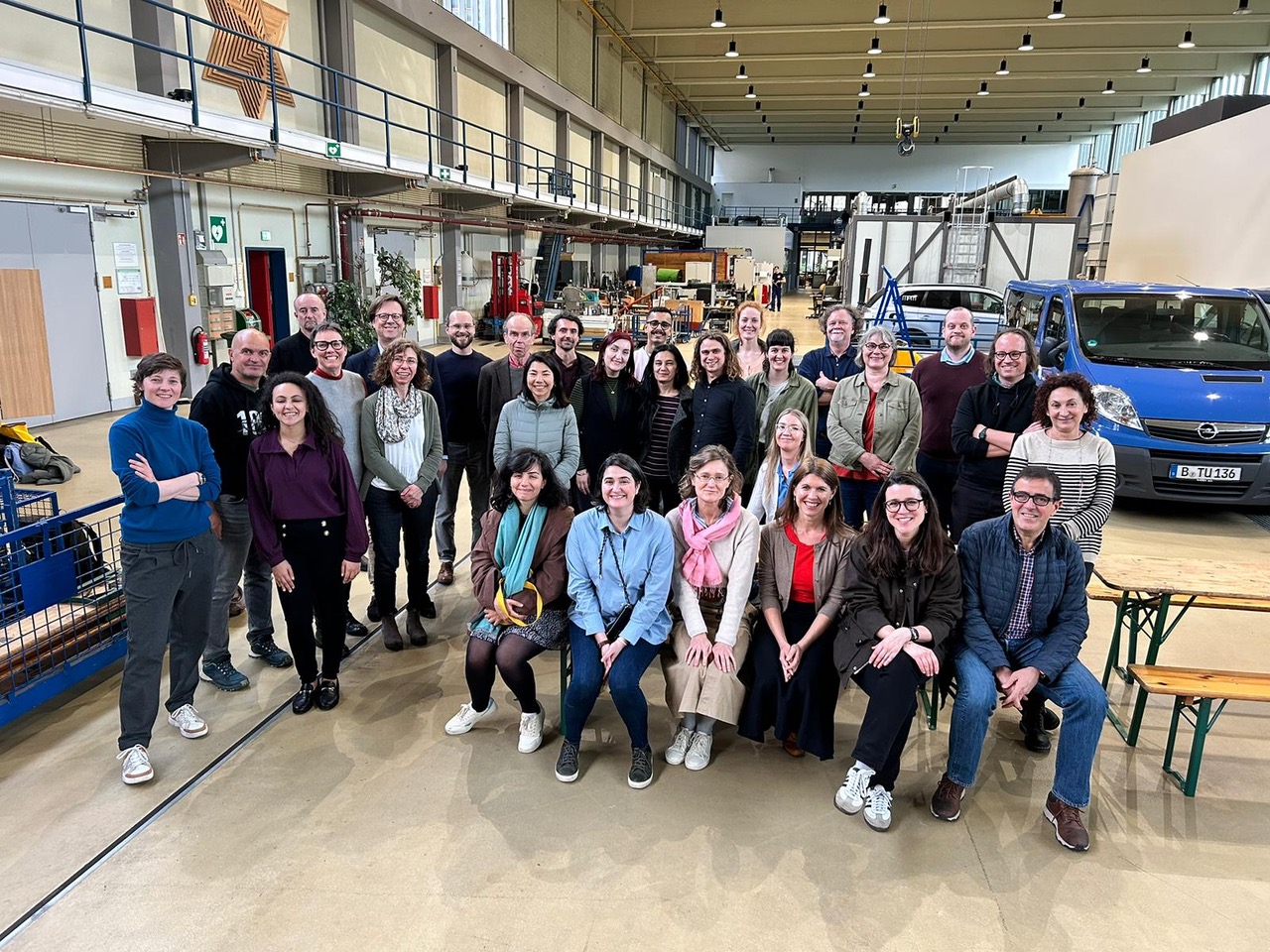Democracy in Engineering Education The underlying question "Crocodile or Octopus?" was not properly answered during…
SEFI Ethics Spring School 2021:
“Experiencing Engineering Ethics Education: Reflections, evidence and perspectives on engineering ethics education in practice”

Dates: 25 -26 March 2021
Location: either (a) a blended event online and onsite in the Swiss Jura (near Geneva) or (b) fully online
Cost: Registration is free
The SEFI Ethics Special Interest Group is organising a one and a half day workshop on engineering ethics education, and invites those interested to submit suggestions for workshops, or papers. Please submit a short expression of interest (200 words) to roland.tormey@epfl.ch by 17th January 2021.
Approach: The spring school is intended to maximise opportunities for interaction, discussion and exchange. While papers are welcome, workshops which prioritise exchange and discussion on a theme will be prioritised, along with sessions dedicated to small group meetings and dialogue.
Who will be interested?: Teachers and programme leaders who address or would like to address engineering ethics in their teaching. Researchers who are working on understanding or advancing the field. Students who study or care about ethics in the engineering professions.
Planned workshops include:
An open science approach to developing engineering ethics education: As with many disciplines, perhaps the most open door for new entrants into engineering ethics today is its Wikipedia entry. It is valuable, therefore to ensure that this accurately reflects up-to-date thinking about the discipline, its focus, and its methods. This workshop will be facilitated by two professional ‘open science’ writers who will facilitate the community in collaboratively building a useful open science resource for those new to or exploring engineering ethics.
The ethics of online education. One consequence of the Covid-19 pandemic was the wholesale switch to online teaching in higher education worldwide. Typically this happened so quickly that there seemed to be little time for universities to consider the ethical issues involved. But thinking about the ethics of online education would be an engaging way of linking questions of ethics and technology to students own lived experience. This workshop will be facilitated by Pieter.deVries@tudelft.nl or J.B.vanGrunsven@tudelft.nl and include contributions from Ashley Shew (Virginia Tech) and Lavinia Marin (TU Delft). Others interested in contributing to the workshop can contact the facilitators
Spring School Themes:
The school will be organised around three strands:
Educational methods: How do we effectively teach and learn in engineering ethics education? What do good practices look like? Do they look different in big classes than in small ones? Can educational technology help, or does it get in the way?
Assessment of learning and of course impact?: What tools, methods or approaches can be used to assess whether or not courses and teaching is having the desired effect? Is teacher intuition enough? Can we rely on student feedback? Are qualitative research approaches useful? Do relevant quantitative tools exist, and if so, how do we interpret them?
Framing “Engineering ethics”: Is engineering ethics principally concerned with giving students a philosophical approach to engineering questions? Does it include teaching engineering techniques like collaborative design or risk analysis? If we teach sustainability, have we covered ethics? Is the gendered nature of engineering education and practice an ethical issue?
Participants can feel free to suggest other themes and topics which may lie outside these three strands.

